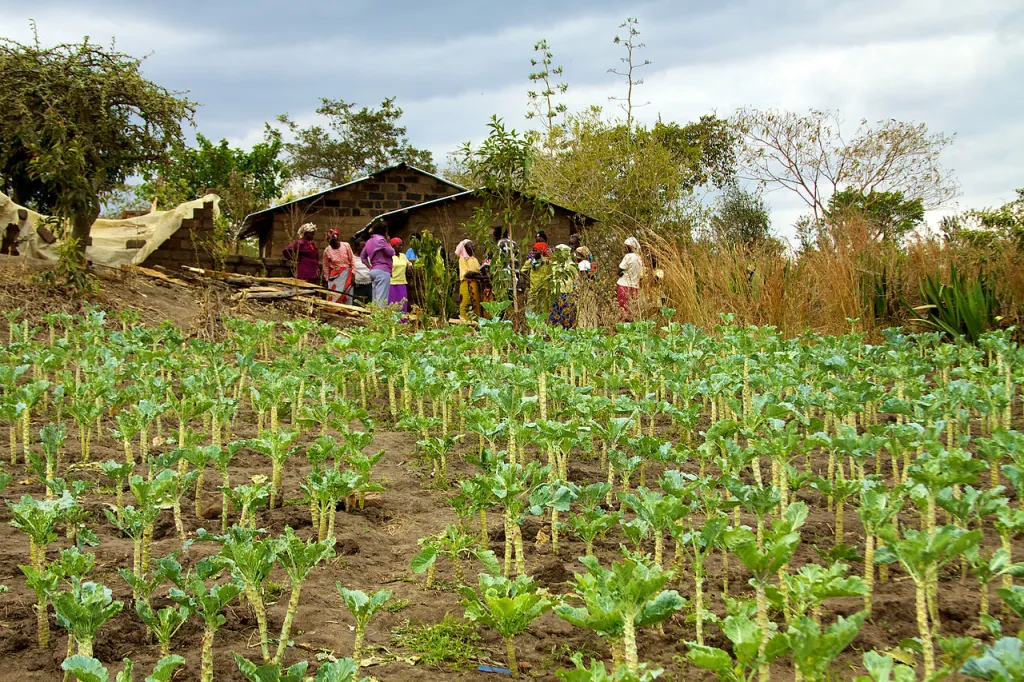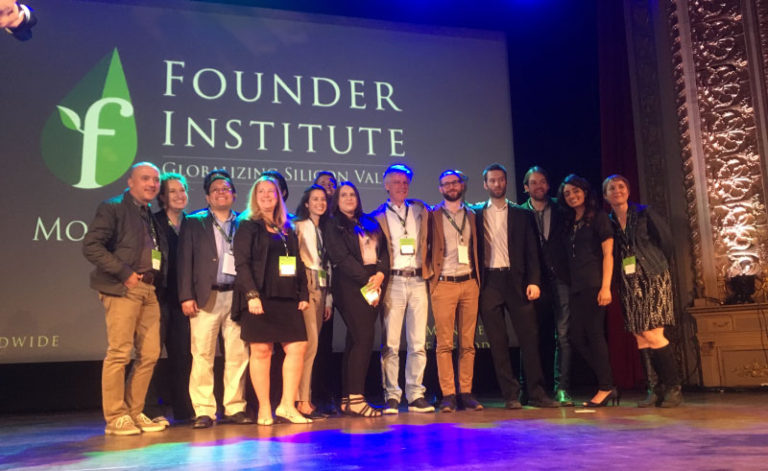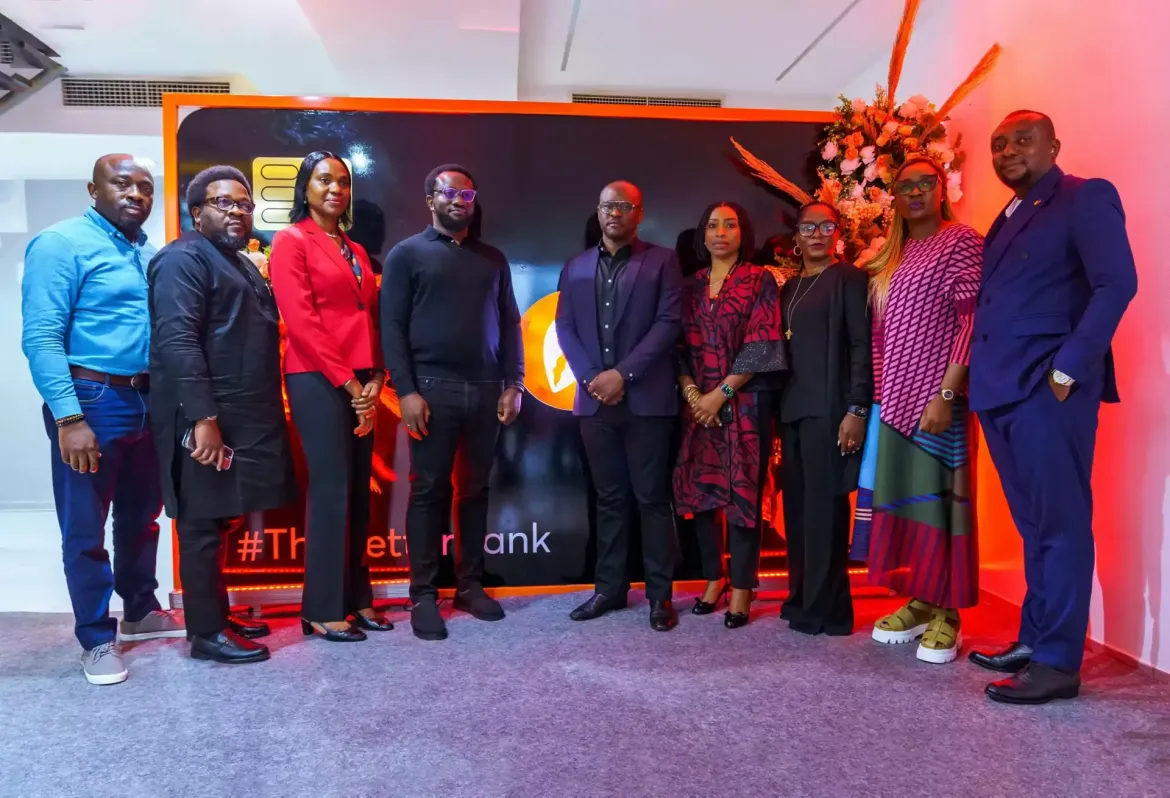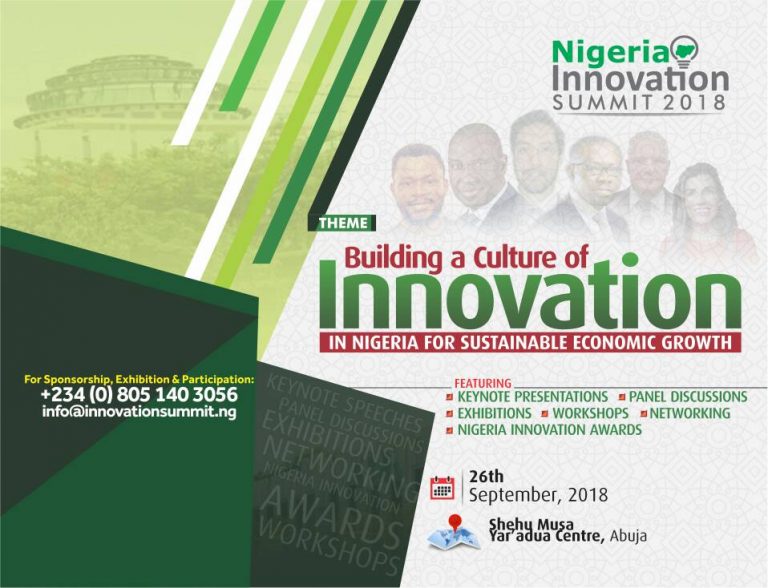SAIS and ABAN partner to launch a program for developing climate investors.

In order to strengthen the angel investment ecosystem in climate-smart agriculture, the African Business Angel Network (ABAN) and Scaling Digital Agriculture Innovations through Start-ups (SAIS) have partnered to launch the Climate Smart Agriculture Angel Investor Capacity Development (CAICD) program.
While SAIS, a project carried out by the Deutsche Gesellschaft für Internationale Zusammenarbeit (GIZ) GmbH on behalf of the German Federal Ministry of Economic Cooperation and Development (BMZ), is a company development and accelerator program that offers an investment readiness program for agri-tech and climate-tech entrepreneurs, ABAN is the largest pan-African organization of angel investors.
ABAN established a sector-focused angel network devoted to climate-smart agriculture in 2023 after realizing the pressing need for sustainable farming methods and technology integration in Africa. This year, ABAN has partnered with SAIS to start the CAICD initiative.
By giving aspiring angel investors specialized information and skills, the program aims to have a positive impact on the agriculture industry. It seeks to address pressing environmental issues, provide new avenues for innovation and economic growth, and organize entrepreneurial showcases by emphasizing climate-smart behaviors and technologies.
The initiative will find and teach 60 new angel investors to join the ABAN Climate Smart Agriculture Network over the course of the following two cohorts. The objective is to complete ten investment agreements within six months of the program’s end, demonstrating efficient capital allocation in climate-smart agriculture initiatives.
Along with providing extensive training modules to help network members build great financial acumen, the program will track participants’ development through active network involvement.
In addition to increasing the capacity of our community’s networks, we will enable a new generation of angel investors to make significant contributions to climate-smart agriculture by enlisting and educating them. Essentially, the goal of this program is to provide a strong basis for sustainable development and profitable investment. ABAN CEO Fadilah Tchoumba stated, “ABAN is excited to play a key role in the realization of innovative solutions and significant progress that will emerge from this initiative.”
Additionally, over the course of two cohorts, the program will host ten venture showcases, giving businesses the chance to directly pitch their concepts to the ABAN Climate Smart Agriculture Network. Two in-person events at significant conferences like the Africa Early Stage Investor Summit (AESIS) and eight virtual events devoted just to climate-smart agriculture entrepreneurs will be part of these showcases.
“At SAIS, we’re dedicated to helping companies flourish throughout Africa, and one of the most important components is funding. We are thereby equipping 60 gender-inclusive business angels throughout Africa and the diaspora with the resources, expertise, and connections necessary to make wise investments in early-stage climate-smart agribusiness projects through our collaborative project with ABAN. We hope to close the capital gap and promote a more equitable investment environment by increasing capacity for these investors,” SAIS’s Tina Lochmann stated.







